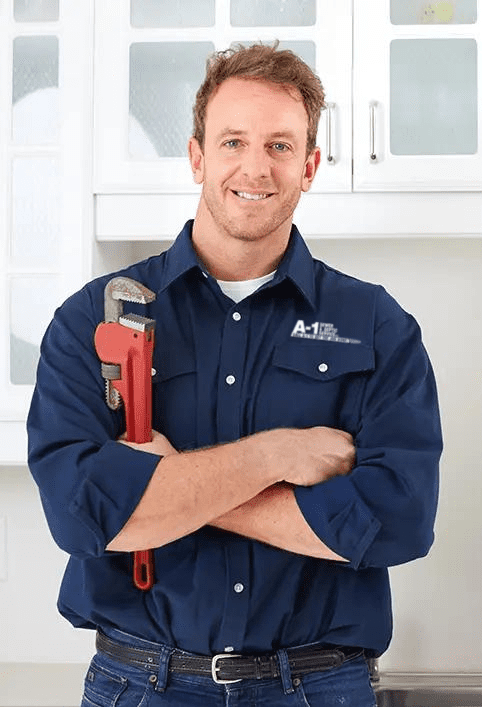Septic Tank Care and Maintenance 101
Do you know how to maintain your septic system? With septic tank repairs & replacement starting in the $1,000’s, it’s important to keep your septic system in the best possible condition. Fortunately, it’s not hard to take care of it, if you follow a few simple tips. First, though, let’s



